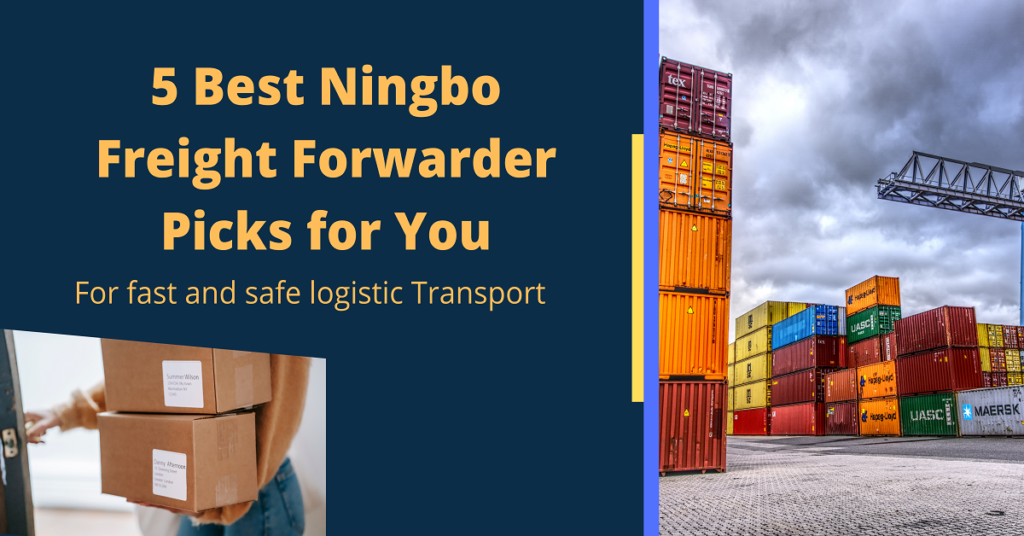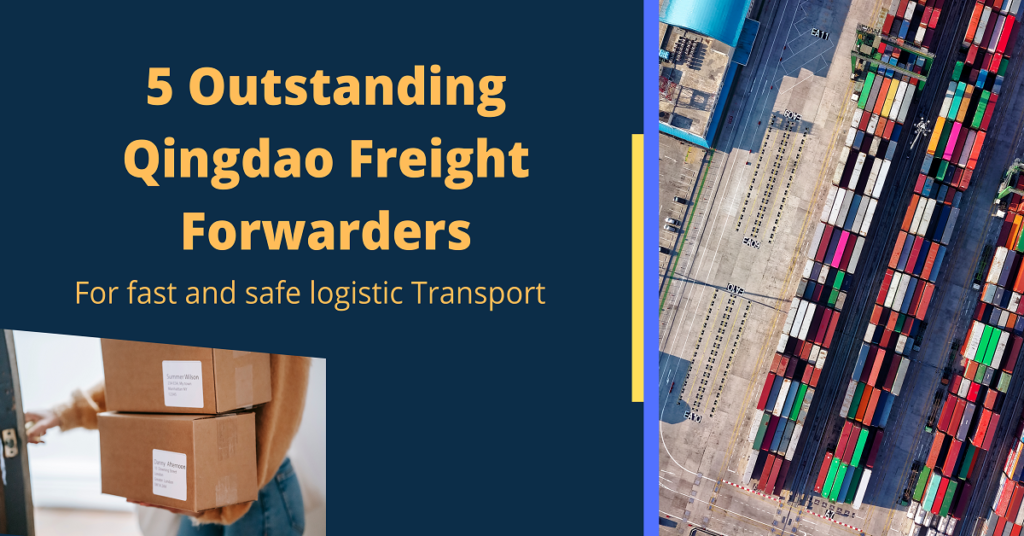
Image Source: Pexels
CIF Incoterms

Image Source: Incotermsexplained
CIF is an incoterm of an international commerce term which means Cost, Insurance, and Freight. Incoterms are international trade rules that govern and define the responsibilities of sellers and buyers alike.
What does ICC say on CIF(Cost, Insurance, and Freight )?
In 2022, the latest Incoterms in force that was created by the International Chamber of Commerce or the ICC is Incoterms 2020. The ICC published it in late 2019 but it was only enforced in January 2020 and will likely be applicable for a decade as other Incoterms had been.
Incoterms are updated every ten years or so and with the latest update, there were notable changes in terms of the CIF or Cost, Insurance, and Freight charges in Incoterms 2010 and 2020, however, CIP or Carriage and Insurance Paid to has some improvements to its rules. This is believed to be because CIF is used with bigger transactions or bulk commodity trades, while CIP tends to deal with manufactured goods which usually require higher insurance during transport.
When to Use CIF incoterms
CIF is only applicable to goods that are shipped via sea and waterway so it isn’t applicable for air cargo. CIF sea freight is also commonly used in large deliveries. Although it may be more convenient for the buyer to let the seller shoulder costs for shipment, they should also be wary of additional costs that the seller may add to this added service.
Can CIF be used for air freight?
CIF is only used in sea, ocean, and other waterway shipments and is therefore not applicable to air freight. Other incoterms like DAP, DDP, FCA, CPT, and CIT may be used for air freight and other modes of transportation or shipment.
Seller’s and Buyers’ Responsibilities on Cost Insurance and Freight
Seller’s Obligation on CIF agreement
Agreeing to the CIF incoterm as a seller entails that you take on the entire responsibility of exporting the cargo to your buyer’s destination port and all the costs that come with it.
Packaging the cargo according to the specifications needed for exporting it, the loading charges, delivery to the port, export taxes and clearances, terminal charges from the origin port, loading charges, and carriage and insurance charges are all the responsibilities of the seller.
Responsibilities, risks, and charges span until the cargo is loaded on the ship. The transfer of responsibilities and risks to the buyer happens once the shipment arrives in the destination port.
Buyer’s Obligation on CIF Agreement
Although much of the responsibility in shipment lies with the seller, the risks are transferred to the buyer once the cargo arrives in the destination port but the buyer’s responsibilities and costs do not stop there.
When shipping cargo under the CIF incoterm, the buyer is in charge of the destination port’s terminal charges or what is also known as the destination handling charges or the charges associated with unloading and transferring the cargo from the vessel within the terminal. Furthermore, other responsibilities are organizing the cargo’s delivery to its destination address, costs of unloading the cargo, as well as, the import requirements, customs clearance, duty and taxes. Any charges or damages incurred once the shipment is in the buyer’s jurisdiction is already the buyer’s responsibility.
Example of Cost, Insurance, and Freight (CIF)
CIF can be demonstrated better through an example. Target has ordered 5,000 units of Gaming Computers from MSI under a CIF agreement to a port in Singapore. MSI has delivered the cargo to the cargo, loaded it to the vessel, and paid for all the fees including freight charges and insurance fees. Because the cargo has already been loaded onto the vessel, the responsibility is transferred to Target.
However, before the vessel even reaches its destination port, the ship incurs minor damages which cause water to enter the cargo vessel. Some of the ship’s cargo gets damaged including the cargo from MSI, but because insurance has been paid for by the seller, they can file for an insurance claim to cover the cost of the goods that were damaged all because a CIF agreement was in place.
CIF Agreement FAQs
Does CIF include duty?
CIF includes charges for exporting the goods from the seller’s port are included, however, the duty charges from the buyer’s port of destination or the import duties are the buyer’s responsibility.
What are the differences between CIF and other incoterms?
Apart from CIF, there are other incoterms that may be applicable to your shipping requirement. Find out more about them below.
CIP
CIP or Carriage and Insurance Paid To is often associated with CIF but these two terms shouldn’t be interchanged. For one, CIF is only limited to sea and waterway shipment only while CIP covers other modes of transport. In CIF the seller’s responsibilities end when the cargo is transported to the destination port, while with CIP it may end anywhere depending on the agreed upon destination.
FOB
FOB or Free on Board allows the buyer to be more in control of the freight services to be used for the shipment of the cargo while in CIF, the seller has the choice of what freight services to avail of.
DDP
DDP or Delivery Duty Paid means that the seller is responsible for all costs for delivering the goods to the agreed upon place of destination. The seller must also pay for both the export and import fees, taxes, duties and clearances.
Does CIF cover custom clearance?
Under CIF sellers only cover the charges with customs formalities for export including examinations and other additional fees but it does not cover fees for taxes, clearances, and duties for import, neither does it cover examinations for import or any importation issues. All import-related charges and responsibilities lie under the jurisdiction of the buyer.
What does CIF Shanghai China mean?
CIF Shanghai means that CIF incoterms will be applied from the ports of Shanghai, China. This means that sellers from China will be responsible for the transport of goods from a ship in China to the buyer’s destination port.
Are you looking for a reliable company to ship your goods safely from Shanghai to any destination port in the world? ZggShip just might be the company you are looking for. ZggShip is the most reliable freight forwarder in China. If you want more information, visit https://zggshipcom.wpengine.com/ now and find out more.
How is the CIF value calculated in China?
CIF is one of the most popular incoterms in China, along with FOB and EXW. CIF or Cost, Insurance, and Freight in China is calculated much like in others as the cost of the goods, the transportation cost, and the respective insurance for its transport. These are all added together as the total CIF charge.
How to arrange CIF Shipping from China
Arranging for a CIF Shipping is just a few mouse and keyboard strokes away. It’s as easy as going to the ZggShip Website and sending them a cif quote. You may also send them an email or contact them through their number. Everything you need to know to start your CIF Shipping experience is just a click away.



